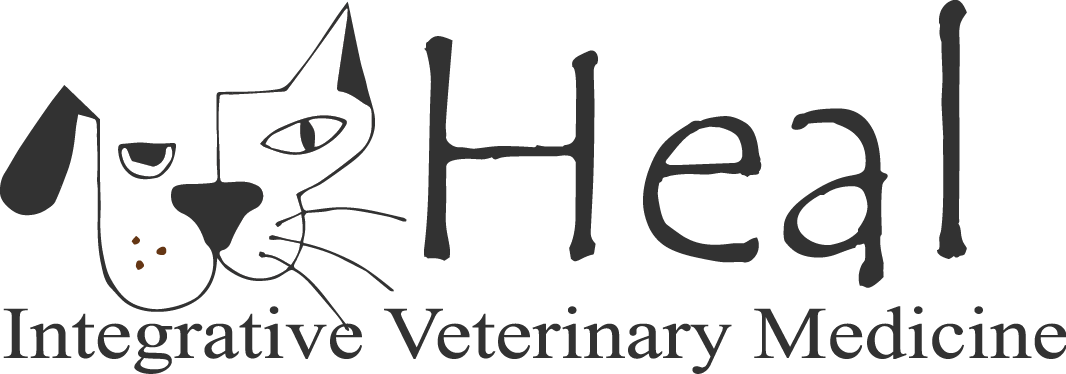What is Acupuncture?
The Technique:
In acupuncture, tiny needles are used to stimulate points on the body where there are a high density of nerve endings, small blood vessels, and lymph vessels — or acupuncture points. These points run along meridians according to Chinese Medicine whcih seem to correlate with the anatomical flow of nerves, blood, and lymph. Thus what the Chinee termed Qi is actually an energy flow along blood, lymph and nerve channels. Where there is pain, there is a blockage in these channels. Acupuncture is used to releieve pain and restore blood flow to areas of Qi blockage or stagnation. It promotes balance, healing, and bloodflow so the body can heal itself.
The Research:
Interestingly, scientists have shown that stimulating these points causes the body to release endorphins, enkephalons, and serotonin that are the body’s natural pain relievers. Many researchers have shown that acupuncture has physiologic effects on the body that can provide pain relief, reduce inflammation, strengthen the immune system, regulate hormones, and promote circulation.
Advanced Acupuncture:
In advanced acupuncture, we may use a variety of techniques besides needles to stimulate acupuncture points:
- Aqua-acupuncture where we inject sterile water or vitamins into acupuncture points
- Laser-acupuncture where we use light therapy as a substitute for needles in very sensitive patients or in addition to needles to stimulate acupuncture points
- Acu-pressure where we use massage and touch to stimulate acupuncture points
- Moxibusstion where we a warm healing herb to warm acupuncture points
- Electro-acupuncture where we use a tiny electrical current to open meridian flow, relax muscle spasms, and improve nerve conduction in areas where there is neurological damage
What to Expect:
Many people new to acupuncture are surprised by how relaxing acupuncture is for their animals. Often people who get acupuncture themselves are less worried about it potentially causing discomfort to their animals, and amazingly that trust in this technique helps pets heal faster! So if you’re curious about acupuncture for your pets, we recommend getting a treatment or two for yourself.
Your First Acupuncture Session:
- We’ll ask you lots of questions, some may seem strange, like how your pet is eating, sleeping, and eliminating. We’ll want to know whether he prefers to rest in warm or cool areas of your home, we want to know if he has a temper or dislikes dogs or people. Examination of pulse and tongue is next to help us decide what points to use. We also feel for tender areas in muscles and note any areas of warmth or coolness. This takes 5-10 minutes.
- Next we’ll insert the needles and perform any advanced procedures. Your pet may hardly notice. Usually within a few minutes pets will look sleepy and want to lay down. The needles stay in 15-45 minutes depending on the pet.
- Afterwards, your pet may be more sleepy and sometimes more stiff for 24-48 hours.
- See you next time! The frequency of your initial visits depends on the condition. A single treatment may be enough to help an acute problem. A series of 3-6 treaments may be enought to help a more chronic issue. Some pets require a more lengthy course of treatment where we continue to see them monthly for an extended time period. Most of the time, pet partents see how much better their pets feel after acupuncture and continue to visit us for “tune ups.”
What Conditions can Acupuncture Treat?
Here are some of the conditions that we’ve seen at Heal:
Musculoskeletal:
- Lamness and pain
- Elbow/shoulder/knee/writs/hock injury
- Hip dysplasia
- Any joint pain
- Muscle sprain and strain
- Arthritis
- Post-surgical recovery from ACL, fractures, etc
- Pre- and Post-surgical detox and recovery (post-spay, neuter, dental, etc.)
Neurological:
- Epilepsy
- Peripheral nerve paralysis
- Pinched nerve pain
- Intervertebral disc disease
- Paralysis
- Peripheral nerve disease
- Seizure
- Urinary & fecal incontinence
Gastrointestinal:
- Nausea and vomiting
- Poor appetite and weight loss
- Constipation
- Diarrhea
- Stomach ulcers
- Poor appetite
- IBD
- Food Intolerance/allergies
Other chronic conditions:
- Anxiety
- Cancer
- Cough
- Liver disease and elevated liver enzymes
- Geriatric weakness
- Thyroid disease and other endocrine (Diabetes, Addison’s, Cushing’s)
- Immune-mediated disorders
- Kidney disease
- Skin problems and itching
- Eye problems
Watch this short video to learn more about acupuncture
